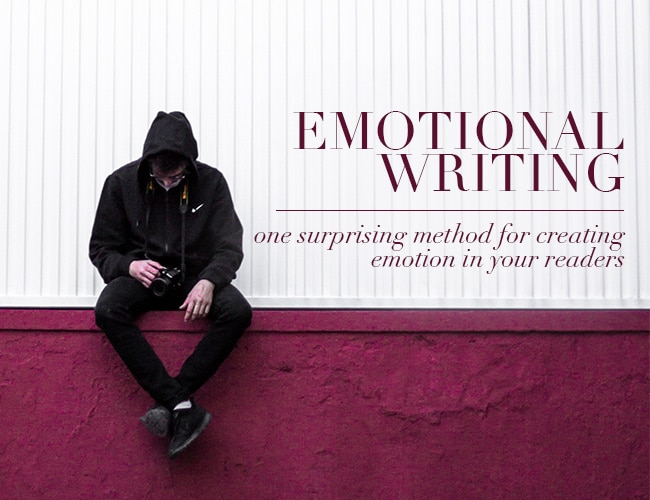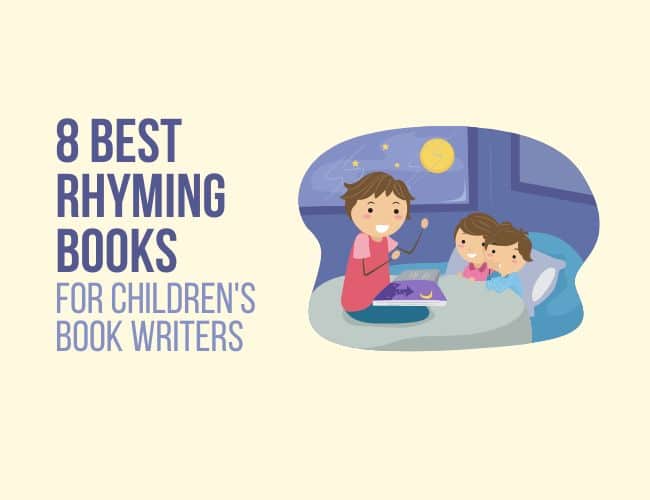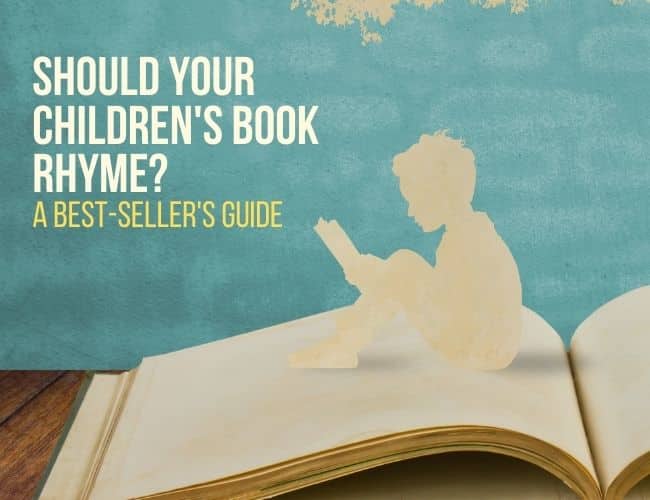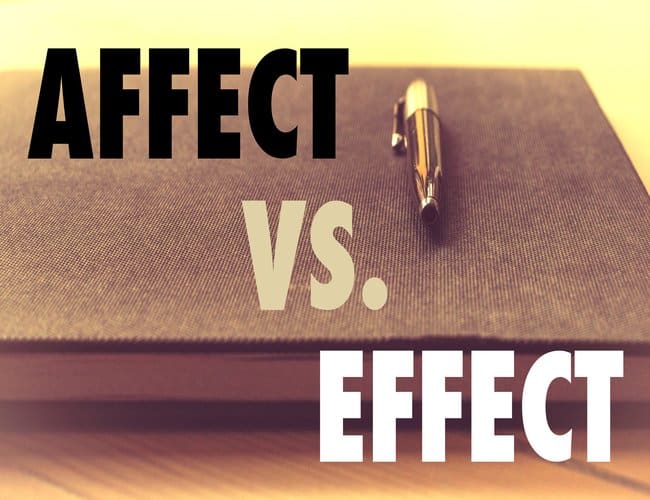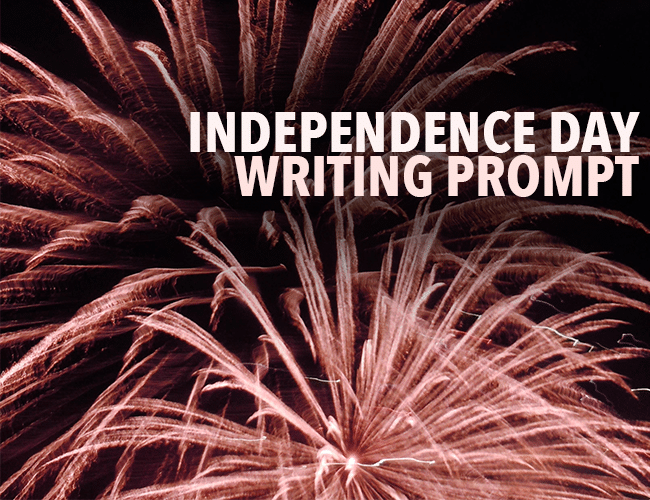As a writer, you’ve probably learned that story is not about what happens. Rather, it’s about how the events affect the protagonist. The plot points may appeal to the reader’s intellect, but you want to go deeper than that, reaching and stirring the coals of a reader’s emotions. That kind of emotional writing is when you make a real connection, establishing something meaningful between writer and reader.
But how is this done? How do you reach beyond the plot points and offer your reader something more? There are a number of ways to accomplish this, but I’m going to focus on one technique that might surprise you.
